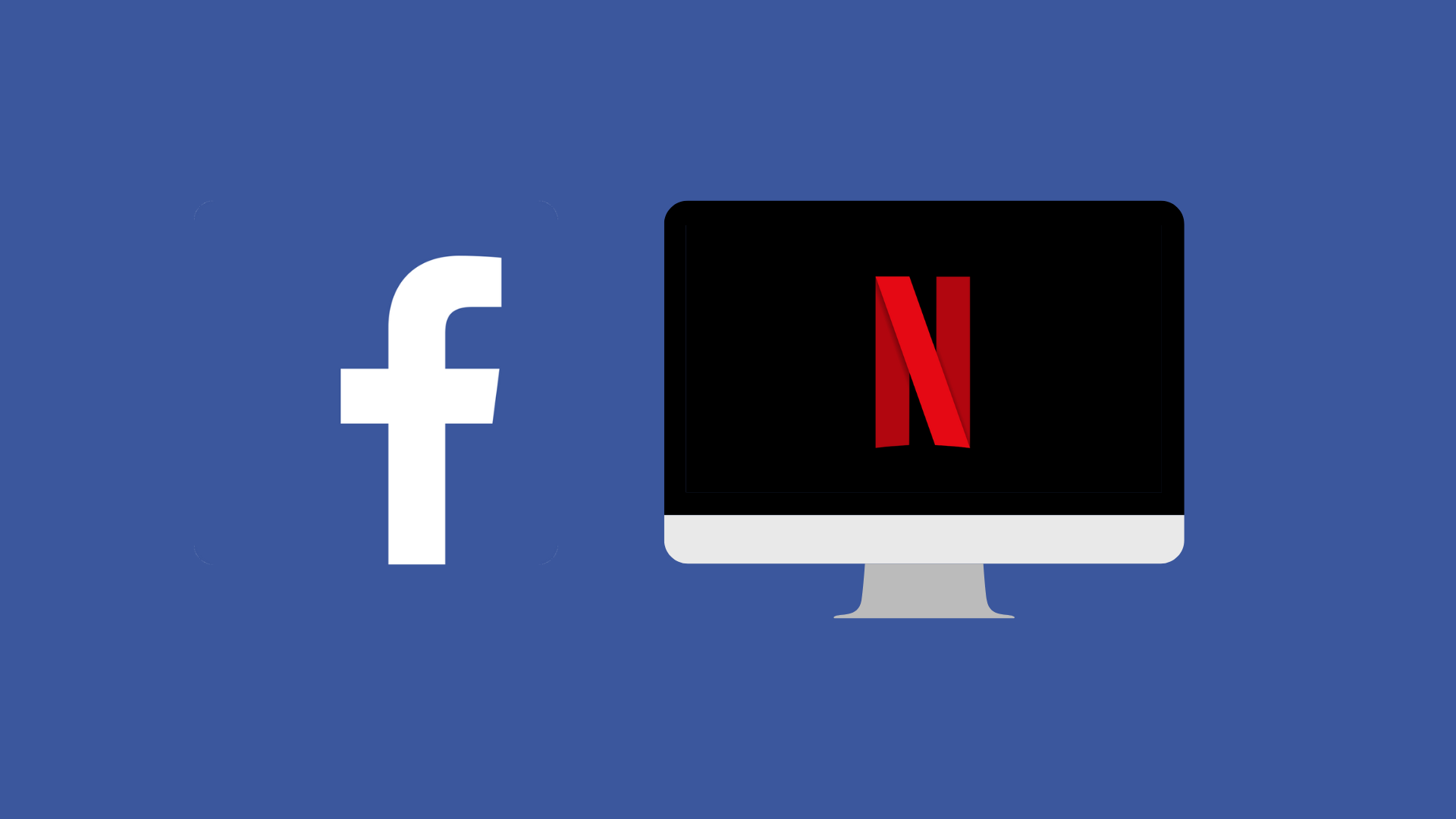
Meta has denied claims that it granted Netflix access to users’ private Facebook messages. This issue came to light after Elon Musk, the owner of X (formerly Twitter), highlighted several posts about the matter, prompting widespread discussion online.
The controversy stems from a court document unearthed during discovery in a class-action lawsuit concerning data privacy, which accused Meta and Netflix of fostering a “special relationship.” This supposed partnership allegedly led Facebook to reduce investment in its Facebook Watch service to avoid competing with Netflix, a significant advertiser on the platform.
The document also accused Netflix of having access to Meta’s “Inbox API,” which could have allowed Netflix to view Facebook users’ private messages.
Meta’s Response
Meta’s communication director, Andy Stone, responded to these allegations by reposting the original X post and denying that Netflix was ever given such access.
Stone’s statement emphasized that the arrangement between Meta and Netflix was designed to enable users to share what they were watching on Netflix with their Facebook friends through the Netflix app, which he described as a common practice in the industry. Stone’s statement implies that while Netflix had access to the inbox API, it was not for the purpose of reading private messages.
Previous Denials and Privacy Concerns
This denial by Meta is not new.
In 2018, after The New York Times reported that Netflix and Spotify could read Facebook users’ private messages, Meta addressed these claims. In a blog post titled “Facts About Facebook’s Messaging Partnerships,” Meta explained that these companies had access to APIs enabling users to send messages about what they were watching or listening to. This required the apps to have permissions to write, read, and delete messages but did not mean that the companies were reading users’ messages without consent.
Despite Meta’s denials, concerns about user privacy have been amplified due to the fact that Messenger, Facebook’s messaging service, did not implement default end-to-end encryption until December 2023.
This lack of encryption raised concerns about the security of messages, despite Meta’s assurances that the partnerships did not involve misusing access to user communications.
The court document paints a picture of a mutually beneficial arrangement between Meta and Netflix, revealing Netflix’s commitment to spend millions on Facebook ads and to share data beneficial for Facebook’s ad targeting efforts. It describes how Netflix received access to Facebook’s “Titan API” and in exchange, agreed to provide Facebook with detailed reports every two weeks. These developments point to a strategic relationship aimed at benefiting both companies, with direct communications between top executives, including Facebook CEO Mark Zuckerberg and then-Netflix CEO Reed Hastings.
Furthermore, the document highlights Meta’s competitive intelligence practices, including monitoring Snapchat traffic, revealing the lengths to which Meta went to maintain its dominance in social networking and online advertising.
Related News:
Featured Image courtesy of:
Facebook and Netflix Logo: Used from Wikimedia Commons
